Personal Data
&
Related Regulations

By ADVISORLY
Personal Data is any data where the identity of a person can be ascertained
It can be any information that relates to the identity of a person. This information can be direct or indirect or it can be a collection of data which leads to the identification of a specific person. All factors in the data should lead to the identification of an individual to constitute to be personal data.
Technology these days generate a great amount of data about any individual through online transactions like credit card payments or account opening, and a business will need the consent to collect, use or disclose personal data.
Where personal data is anonymised, encrypted, de-identified, pseudonymised or hidden in any way but a person can still be identified, it is still considered personal data. However, if the personal data has been anonymised such that the anonymisation is irreversible and the individual is no longer identifiable, such data is no longer personal data.
Regulations relating to Personal Data
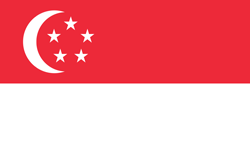
Singapore Personal Data Protection Act 2012
In Singapore, the Personal Data Protection Act 2012 (PDPA 2012) defines personal data as “… data, whether true or not, about an individual who can be identified from that data, or from that data or other information to which the organisation has or is likely to have access”.
In neighbouring countries, similar legislation have been enacted.
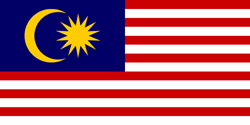
Malaysia
The Personal Data Protection Act 2010 (Act 709)
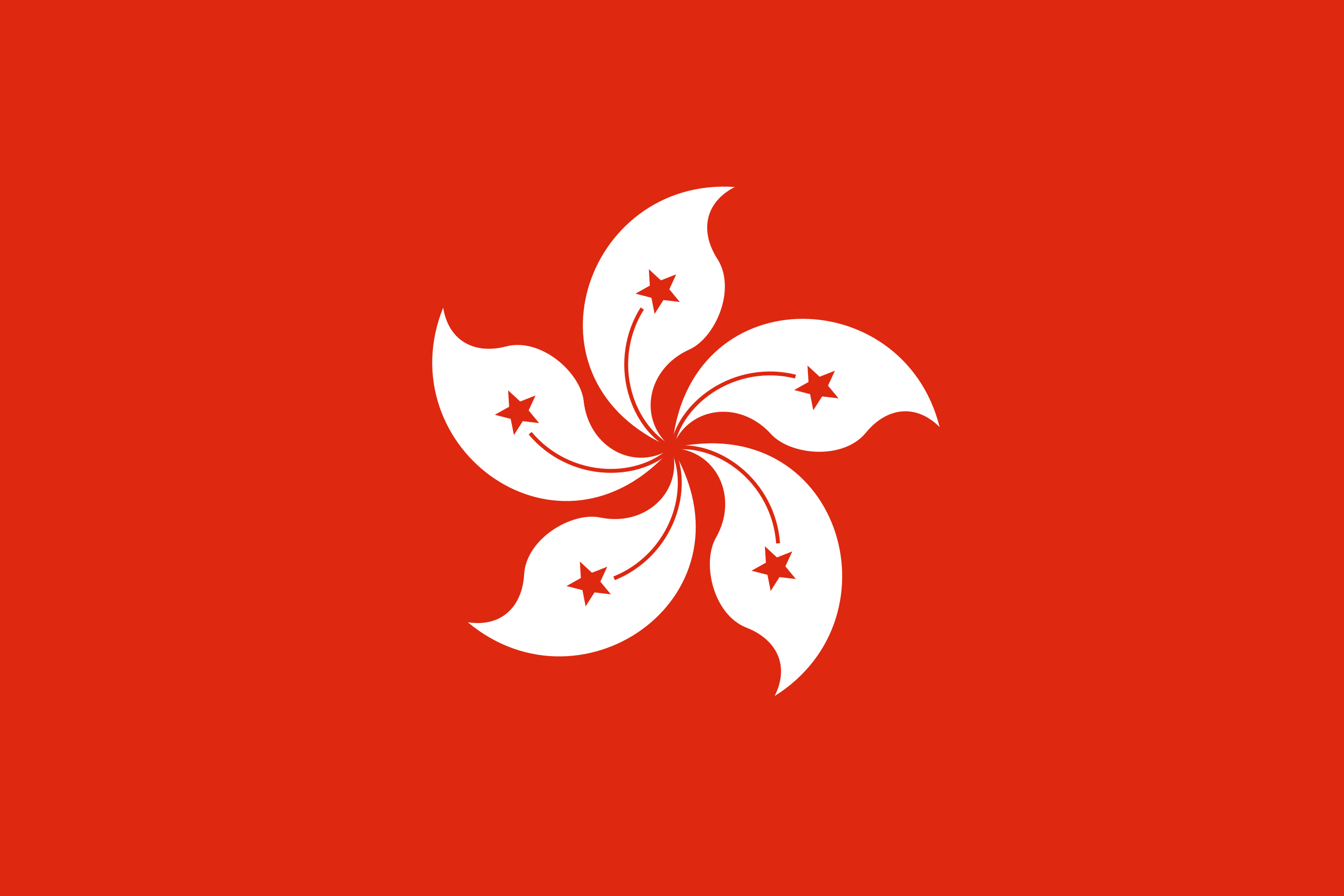
Hong Kong
The Personal Data(Privacy) Ordinance (Cap. 486) (Ordinance)
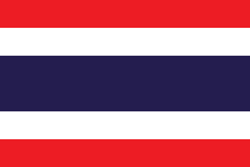
Thailand
The Personal Data ProtectionAct, B.E. 2562 (2019)
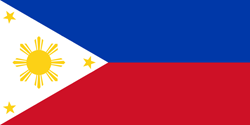
Philippines
Data Privacy Act of 2012
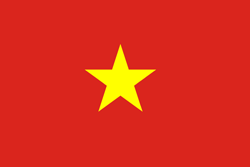
Vietnam
Law on Cybersecurity
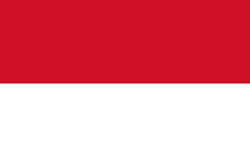
Indonesia
Indonesia’s data privacy legislation is a combination of the Electronic Information and Transactions (EIT) Law (Law No. 11 of 2008), Amendment (Law No. 19 of 2016), Regulation No. 82 of 2012 (Reg. 82) and Regulation No. 20 of 2016 (the MOCI Regulation)

 WhatsApp us
WhatsApp us